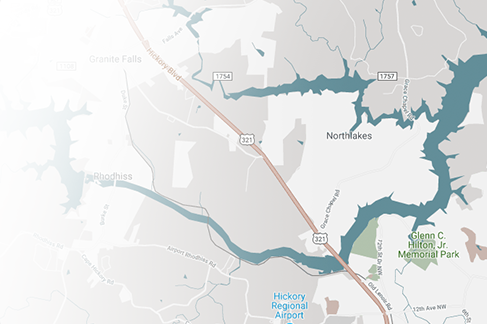Neck pain is a common complaint among patients. Harvard Medical School estimates that 80% of people will have some kind of neck pain within their lifetime, with another 20%-50% dealing with it chronically. But there is relief. Anterior Cervical Discectomy and Fusion (ACDF) is a neck surgery that may provide comfort from the pain. Here is what you need to know.
What Is ACDF Surgery?
ACDF surgery removes damaged discs to relieve spinal cord and nerve root pressure. The goal of the surgery is to alleviate pain, tingling, and numbness associated with herniated or degenerative discs.
The surgery is usually needed when one of the discs between the spinal cord is damaged. These discs are shock absorbers and prevent the bones from rubbing together. Any injury to the disc can result in moderate to severe pain.
The surgery is a common outpatient procedure and requires a cut through the throat (anterior)in order to access the spinal column. The damaged disc is removed and a fusion of bone grafts or implants is inserted to replace the impaired disc.
How Do I Know If I Need ACDF Surgery?
Age, injury, and arthritis are prime reasons for neck pain and disc degeneration. Over time, this degeneration may cause symptoms like:
- Neck pain
- Weakness in the arm
- Tingling arm sensations
Your doctor may send you for scans to check on the condition of your discs. If they see any injury, they may first recommend a regimen of physical therapy, medications, and injections before recommending surgery.
If all alternative treatments provide no relief, surgery might be the best option.
What to Expect
ACDF is an outpatient surgery. This means you can expect to go home the same day of surgery.
ACDF surgery is done under general anesthesia, and total patient recovery can take several weeks.
Recovery — What to Know
Most people can fully recover from the surgery in 4-6 weeks, but this can vary based on several factors. Such factors include:
- Age — Younger patients typically bounce back quicker than their older counterparts.
- Health — Your initial health going into the procedure can often dictate how easy recovery will be. Pre-existing conditions, weight, and overall fitness are all factors contributing to recovery.
- Therapy — Following through with therapy and completing the entire course, maximizes recovery efforts.
In order to make the most of your recovery, listen to your doctor's orders. Following surgery, the most important "rules" may include:
- Resting
- Supporting your neck and watching movements. Some surgeons may advise you to wear a neck brace for added support while you heal.
- Keeping incision site clean
Anywhere from 2-4 weeks out, your doctor may start you on a physical therapy routine. Therapy is done to help strengthen neck muscles while being monitored by an experienced therapist. Recovery varies from person to person, but fully completing your therapy is a great way to get back to a normal lifestyle.
As always, if you notice symptoms that seem alarming, contact your doctor right away. Some of those symptoms might include:
- Fever
- Redness, swelling, or discharge around the incision area
- Difficulty breathing
- Difficulty swallowing
If you experience neck pain, the surgeons at Prime Surgical Suites want to help. They are up-to-date on the very latest technology and have the experience and knowledge to help ease your pain. The ACDF surgery is an outpatient procedure that will allow you to rest comfortably in your home at the end of the day. If you would like to schedule a consultation with one of our surgeons, please contact us today.
At Prime Surgical Suites, we provide state-of-the-art, cost-effective musculoskeletal surgical care in a convenient and comfortable outpatient setting for patients of all ages. Located in RiverCrest Medical Park, we are the region's first outpatient center focused exclusively on orthopedics. Our physician-led center will help restore your active lifestyle and well-being with compassion and orthopedic excellence.
.png?width=200&height=63&name=Prime%20Surgical%20Suites%20Logo-FINAL%20(REV_2_19).png)






